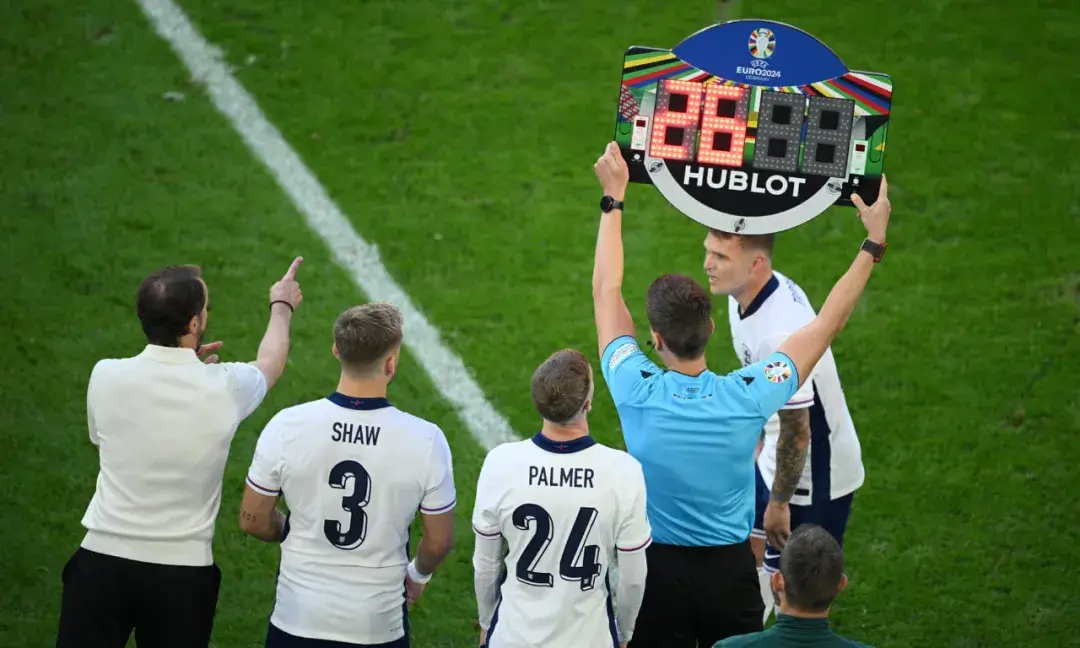Before England's quarter-final against Switzerland, The Guardian published an article stating, "Southgate might be England's greatest coach, but why is he so disliked?" With England's progression to the semi-finals, the first part of this statement seems increasingly valid—winning is the ultimate argument. Since taking charge in 2016, Southgate has consistently led the team to strong finishes in major tournaments: three semi-finals in four tries, with the worst being a sixth-place finish. His record rivals that of the legendary manager Ramsey, who, despite winning the World Cup in 1966, failed to qualify for the 1974 tournament.

Criticism of Playing Style
Why the criticism? Most agree that despite England's star-studded lineup, their play is often unattractive. Fans crave not just wins but also exciting football, dazzling skills, and fluid team play. While England has delivered some thrilling moments—like Bellingham’s last-minute bicycle kick against Slovakia and Saka’s world-class goal against Switzerland—these are seen as isolated incidents rather than results of tactical genius.

Tactical Choices and Perceptions
Southgate’s substitutions often feel like desperate gambles rather than calculated strategies. His decisions, such as bringing on Tony in the dying minutes of the Slovakia game, have been described as “trying something out” rather than confident moves.
Supporters acknowledge that England’s talent pool is unevenly distributed, complicating squad selection and formation. The defense, for instance, isn’t as robust as the attack, with several key players coming from mid-tier Premier League clubs and others experiencing dips in form.

Southgate’s Unique Approach
Southgate’s success lies in his unconventional methods, often relying on meticulous research and exploiting minor advantages. His tactics, like the corner routines in the 2018 World Cup and detailed penalty strategies, showcase his innovative approach. While these methods may not always produce aesthetically pleasing football, they are undeniably effective in the cutthroat environment of international tournaments.

The English Coaching Landscape
Southgate’s perceived shortcomings must be viewed within the broader context of English coaching. The country has not produced many elite managers, making Southgate’s achievements even more significant. As The Guardian pointed out, England lacks a history of successful coaching academies, and Southgate’s tenure reflects this reality.

Conclusion
In summary, should Southgate be criticized? While fans naturally desire exciting football, Southgate's pragmatic approach has brought England consistent success. Balancing fan expectations with tournament results is a delicate act, and while Southgate may not deliver thrilling football, his record speaks for itself. Ultimately, fans must decide if they value aesthetic play over consistent results.

Copyright Notice:
Datavictory copyrights this specification. No part of this specification may be reproduced in any form or means, without the prior written consent of Datavictory.
Link:
https://datavictory.top/blog/exclusive/should-southgate-be-criticized-185320.html



